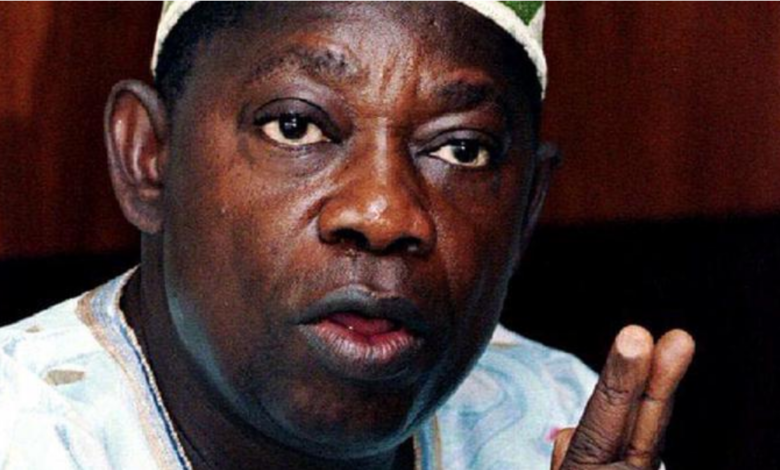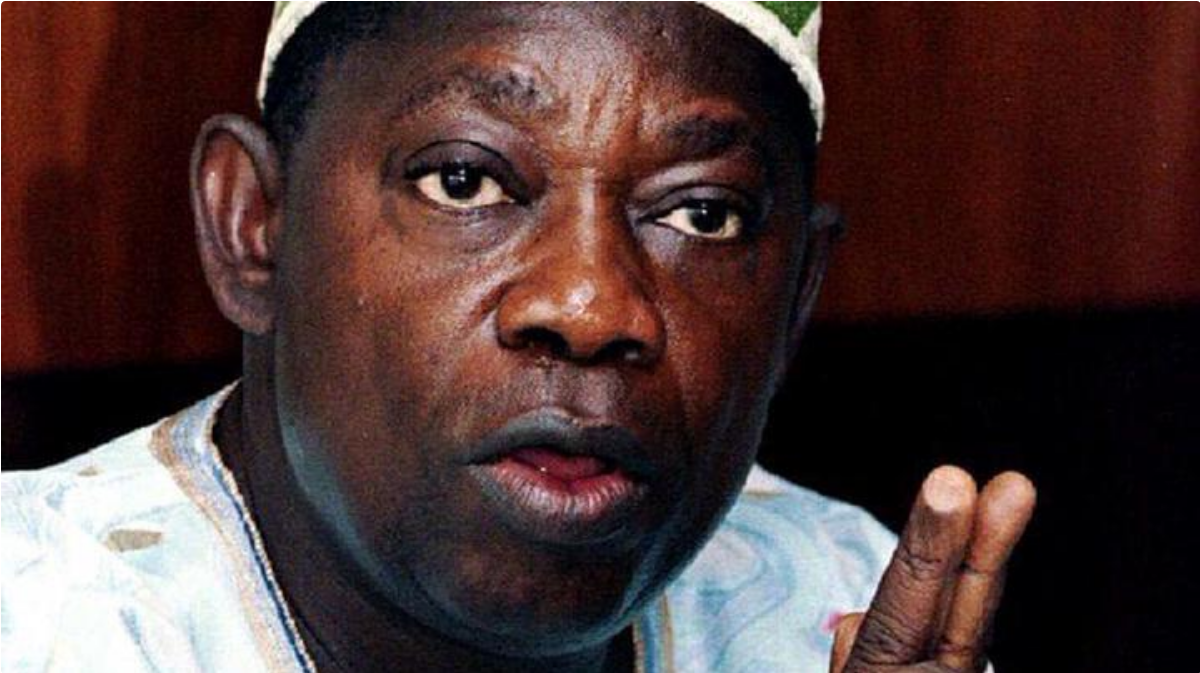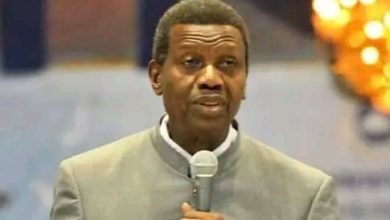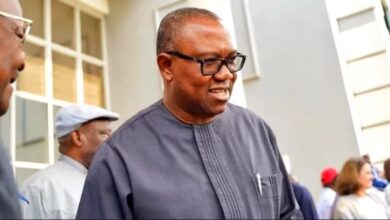MKO Abiola’s Son Reveals How DNA Test Was Done To Determine His Children’s Identities


Jamiu Abiola, one of the children of the late MKO Abiola, has revealed that his family had to undergo DNA tests following Abiola’s death. This decision was made in relation to the sharing of Abiola’s assets after his passing, which occurred while he was attempting to reclaim his mandate in the 1998 presidential election.
The presidential election held on June 12, 1993, which was widely believed to have been won by Abiola, was annulled by the military government at the time. Jamiu disclosed in an interview with Vanguard that the DNA tests revealed that some individuals were not actually Abiola’s biological children…….Continue Reading
He expressed his disappointment that this sensitive information was published in newspapers, stating that it was mishandled deliberately to divert attention from his father’s assets. The revelation of the DNA results led to court cases that were used as excuses to delay the distribution of Abiola’s assets or divert their proceeds to fictitious legal charges.
Jamiu also shared his belief that the mishandling of the situation and the subsequent court cases were a disservice to his father’s memory and legacy. He referenced a verse from the Quran, suggesting that even within family circles, there may be individuals who act as enemies.
He further criticized those who took over his father’s assets, claiming that they have neglected to maintain the house in which Abiola was buried, despite it requiring only a fraction of their amassed wealth.
When asked about the state of his father’s businesses after his death, Jamiu explained that the government had deliberately hindered them, as they saw Abiola as an enemy even before he had the opportunity to reclaim his mandate. The government withheld payments owed to Abiola, resulting in financial difficulties for his businesses. However, Abiola’s assets remained intact, as he neither sold them nor used them as collateral before his passing.
Jamiu acknowledged that his father’s businesses also suffered due to his own shift in priorities. He described Abiola as a generous man who became less focused on material wealth and more interested in philanthropy. As a result, the businesses gradually became channels for charitable endeavors, rather than profit-driven enterprises. This change in mindset, combined with the government’s interference, contributed to the eventual collapse of Abiola’s business empire.
It is evident that the posthumous challenges faced by Abiola’s family and the mishandling of his assets have added further complexity and hardship to an already tragic situation.





